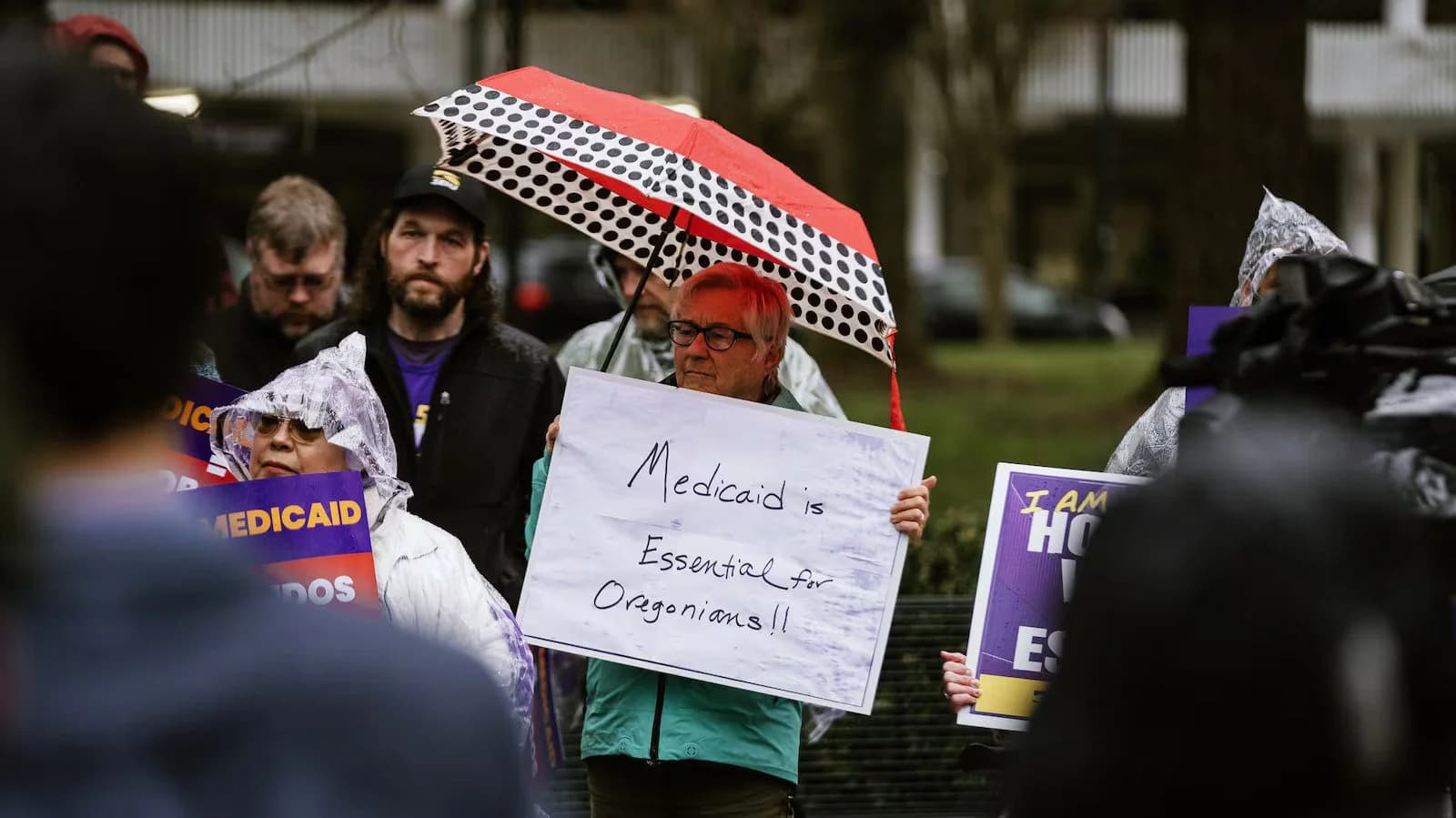States Navigate Complex Healthcare Landscape for Undocumented Immigrants Amid Federal Scrutiny

A recent tweet from user T Wolf 🌁 has highlighted the ongoing tension between state-level initiatives to provide healthcare to undocumented immigrants and existing federal law. The tweet, posted on November 7, 2025, stated, > "Clearly, giving healthcare to undocumented immigrants is an issue that's now being complicated by states ignoring federal law and just doing what they think is right. That's how harm reduction works with drugs, too. Just so you know." This statement underscores a complex policy debate with significant implications for public health and immigration.
Federal law, primarily the Personal Responsibility and Work Opportunity Reconciliation Act (PRWORA) of 1996, largely restricts undocumented immigrants from accessing most federal healthcare programs, including Medicaid and CHIP. Exceptions exist for emergency medical conditions under the Emergency Medical Treatment and Labor Act (EMTALA), and for public health assistance for immunizations and communicable disease treatment. Despite these federal restrictions, some states have independently moved to expand healthcare access using their own funds.
Several states have taken steps to offer more comprehensive healthcare coverage to undocumented individuals. California, for instance, offers public health coverage to all adults regardless of immigration status if enrolled by January 1, 2026. Oregon also provides public health coverage to all adults, while Washington offers both private coverage with state subsidies and public coverage. Illinois and New York provide public health coverage to seniors regardless of immigration status.
This state-level expansion has drawn scrutiny from federal authorities. In late 2025, the Trump administration's Department of Health and Human Services (HHS) ordered state Medicaid programs to investigate individuals enrolled in Medicaid for potential ineligibility based on immigration status. Centers for Medicare & Medicaid Services (CMS) Administrator Mehmet Oz claimed that over $1 billion in federal taxpayer dollars were being misspent on Medicaid for "illegal immigrants" in five states and Washington, D.C. However, states like Colorado, Illinois, and Washington have refuted these claims, asserting their payments comply with state and federal laws and that the federal figures are inaccurate.
The tweet's comparison to harm reduction in drug policy suggests a philosophical approach where pragmatic measures are taken to reduce negative consequences, even if they don't align with stricter prohibitionist policies. Harm reduction strategies in drug policy focus on minimizing adverse health, social, and economic impacts of drug use, rather than solely on abstinence. This analogy implies that states providing healthcare to undocumented immigrants are prioritizing public health outcomes and reducing societal burdens, regardless of federal immigration status regulations.